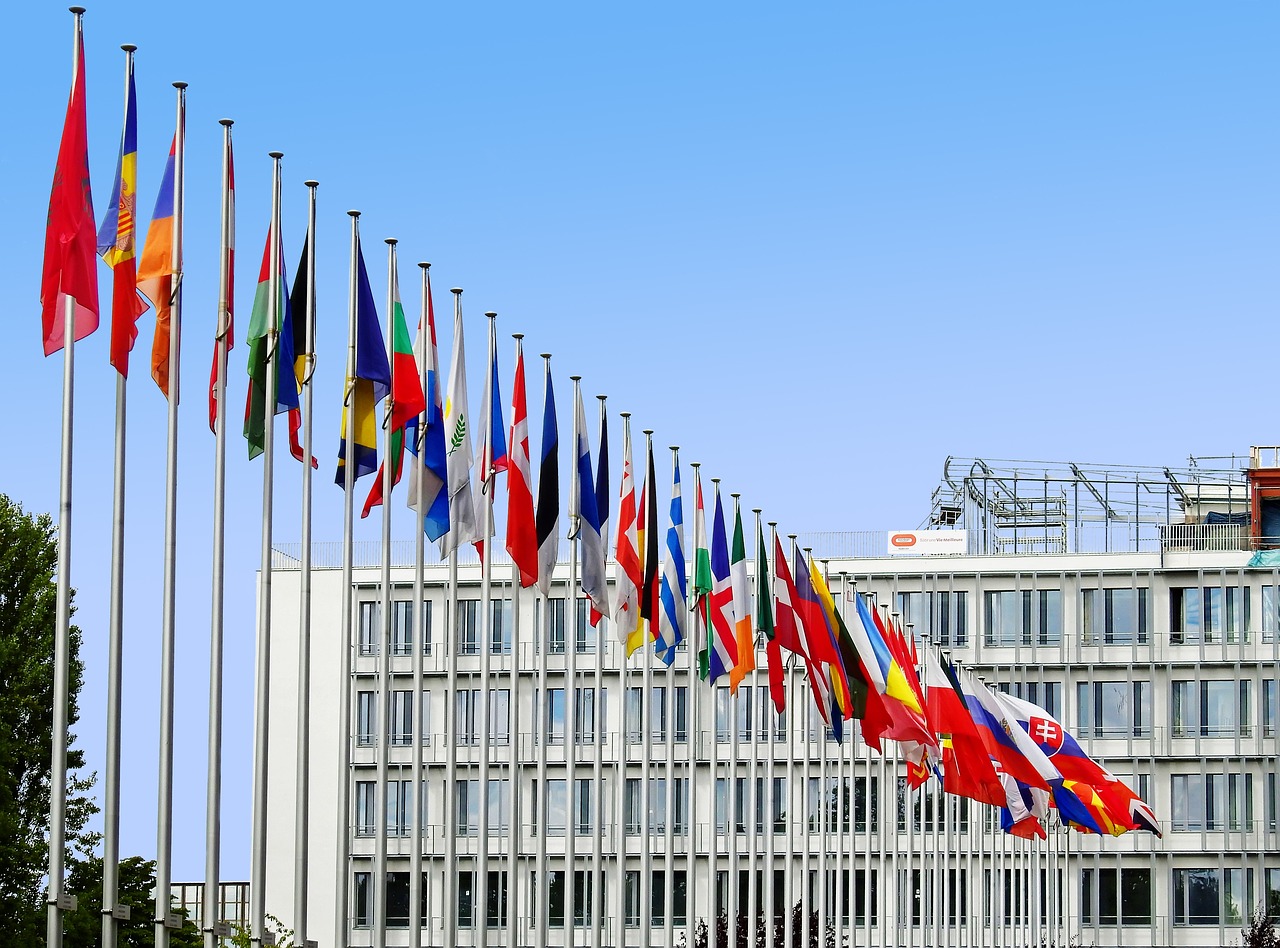3 August 2023
Big Tech
Missing the target
by John Comai

Another week, and yet another butting of heads between US tech titans and European competition regulators. This time, it concerns Microsoft’s practice of bundling products for purchase (known as “tying” in antitrust lingo) and the subsequent objections raised by Salesforce-owned Slack. The drama has been years in the making as Slack, which provides a workplace communication platform facilitating instant messaging and video calling, alleges that Microsoft’s free inclusion of Teams into the Office 365 suite back in 2017 violated competition rules and hurt its business. Slack first lodged its official complaint in 2020, and it appears that, after a prolonged period of wrangling behind closed doors, the EU will be going through with an official probe to determine whether Microsoft did indeed break European competition rules.
Europe remains one of the US tech sector’s biggest markets, and the geopolitical implications are evident. EU policymakers dislike the fact that US tech giants have so much sight of their citizens’ data, while some US political leaders resent what they see as heavy-handed regulation of their most successful market across the Atlantic. In some respects this friction has ebbed in the past few years. For one thing, the Biden administration has taken a tough stance on antitrust for domestic political reasons, putting US policy into closer alignment with EU rules. For another, both sides have quietly accepted the need to pool their efforts in the face of the emergent threat of Chinese tech competition, particularly after China’s response to the Russian invasion of Ukraine seemed to solidify its position in the nascent poles of the 21st century world order.
Yet we are missing something if we frame this conversation solely in geopolitical or economic terms- namely that we are discussing the regulation of organizations engaged in the trade of personal data collected from billions of individuals, with and without their knowledge, revealing varying degrees of their personal tastes, preferences, fears, desires, and pathologies. That the fate of this hugely sensitive and ever-growing trove of key information hinges on impersonal macro-forces should be of universal concern. It is no longer possible, as we have done too often in the past, to dismiss this concern as fodder for conspiracy theorists or paranoid bellyaching. When we discuss personal data, we are discussing the potential to control, via the ability to allow or to deny flows of information between bodies. The pandemic, particularly the measures introduced in China, served a bitter taste of this new reality to complacent mouths.
US political discourse scratched the surface of this issue during hearings in which the CEO of TikTok owner ByteDance testified before the Senate, but, unfortunately, this discussion produced nothing close to the sorely needed public reckoning on big data. Senators pressed the businessman to reveal stupid bits of information, either available to nearly everyone by a Google search or to no one, including the CEO himself or probably anyone at TikTok. The whole thing was a show trial, orchestrated by attention-hungry GOP lawmakers seeking to score political points with their ignorant voters and engagement-addicted media outlets cynically profiting from the resulting hubbub.
Nevertheless, the subtext of that episode was clear: many well-adjusted people with little to lose, are terrified, consciously or not, that the organizations in control of their and their loved ones’ data could use it for sinister purposes or share it with unsavoury actors. And who can blame them, when corporations are regularly asked to turn over personal data by governments, police procedures regularly utilize private databases, and data is collected from us with and without our informed consent at nearly every moment of our public existences. There is a veritable motherlode of our data out there, and despite the personal choice rhetoric we confront almost every time we open a webpage nowadays, it is not really in our hands. It is in the hands of corporations, whose obligation to use it in a responsible way is largely nonexistent.
The EU approach to big tech regulation, is, in a way, more cognizant of these fundamental issues than the US one. But their approach is still ham-fisted and at times wrongheaded. For one, it makes an unjustified logical leap from more enforcement to better social and economic outcomes. Has anyone really been able to point to concrete benefits reaped by EU citizens from the cat-and-mouse game their officials play with big tech? It is very uncertain whether this can be accounted for at all, much less quantified. The Slack complaint is just another case in point. The notion that Outlook’s free inclusion of Teams really hurt European consumers, even if taken with abstract and long-run considerations in mind, is a tough pill to swallow for anyone with a brain not seeped in juices extracted from graduate-level microeconomics textbooks. The Digital Markets Act, which bars digital platform providers from using their discretion in restricting services to competitors, might be a more prudent step in the right direction- as of now this remains to be seen.
Regardless, the focus of EU competition regulation on anti trust issues does nothing to wrest control of information from the technocracy. Rather the contrary and this is the nub of the issue. The objection most ordinary people have with big tech is that they worry about how their data will be (mis)used, and that they have little say in the matter; the notion that the structure of digital markets is not adequately policed is tangential to this concern. Yet EU regulators consistently get the issue backwards. We are constantly told that the EU is doing something about today’s crisis of personal privacy, and yet that “something” nearly always amounts to some kind of useless slap on the wrist to one of the usual suspects. A fine, even if it is not a trivial one, will not do enough to dissuade Google, Meta, Apple, or any other of the tech giants from engaging in the data mining that is so crucial to their business models.
Conformity is necessary in the global regulatory approach to antitrust, especially as it relates to big data. A disunified approach risks having no approach at all. But addressing the issues at stake here will require much more than what has so far been offered by the relevant authorities.


